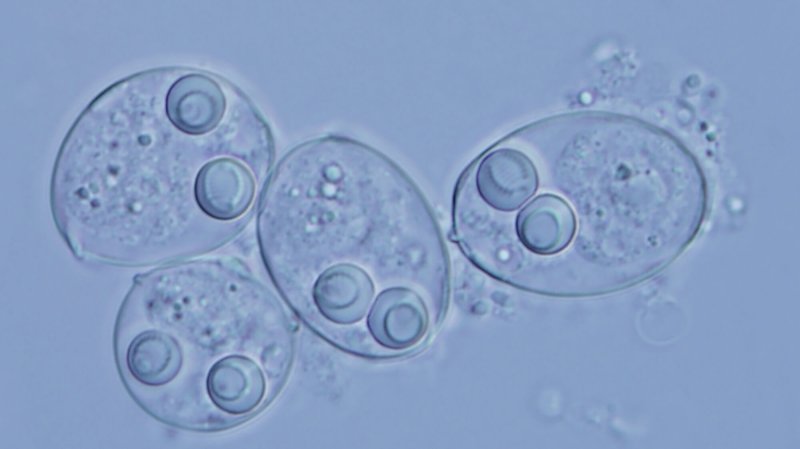Aggressive cancers can spread so fiercely that they seem less like tissues gone wrong and more like invasive parasites looking to consume and then break free of their host. If a wild theory recently floated in Biology Direct is correct, something like that might indeed happen on rare occasions: Cancers that learn how to roam between hosts may gradually evolve into their own multicellular species. Researchers are now scrutinizing a peculiar group of marine parasites called myxosporeans to see whether they might be the first known example.
…
[Researcher Alexander] Panchin knows the idea of cancer-derived animals sounds far-fetched — so much so that, in the paper, he and his co-authors refer to them as Scandals (an acronym for “speciated by cancer development animals”).
…
According to Panchin’s three-step scenario, a Scandal would start off as a cancer, but not just any cancer. It would have to be transmissible, so that it wouldn’t die when its host did. Then the cancer would have to spread to other species, and then independently evolve multicellularity. Those steps might seem to present insurmountable barriers, and yet there’s reason to believe each one could have happened.
Read full, original post: Can New Species Evolve From Cancers? Maybe. Here’s How.































